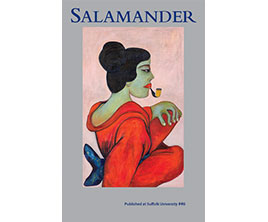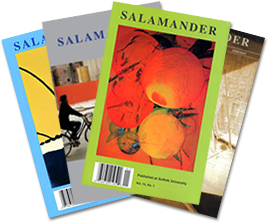
Single Print Issues
Price range: $5.00 through $11.00
Select options
This product has multiple variants. The options may be chosen on the product page
Full access to Salamander’s digital catalogue
PDF downloads of available issue contents

Price range: $5.00 through $11.00

Price range: $6.00 through $11.00

$35.00

Price range: $4.00 through $7.00